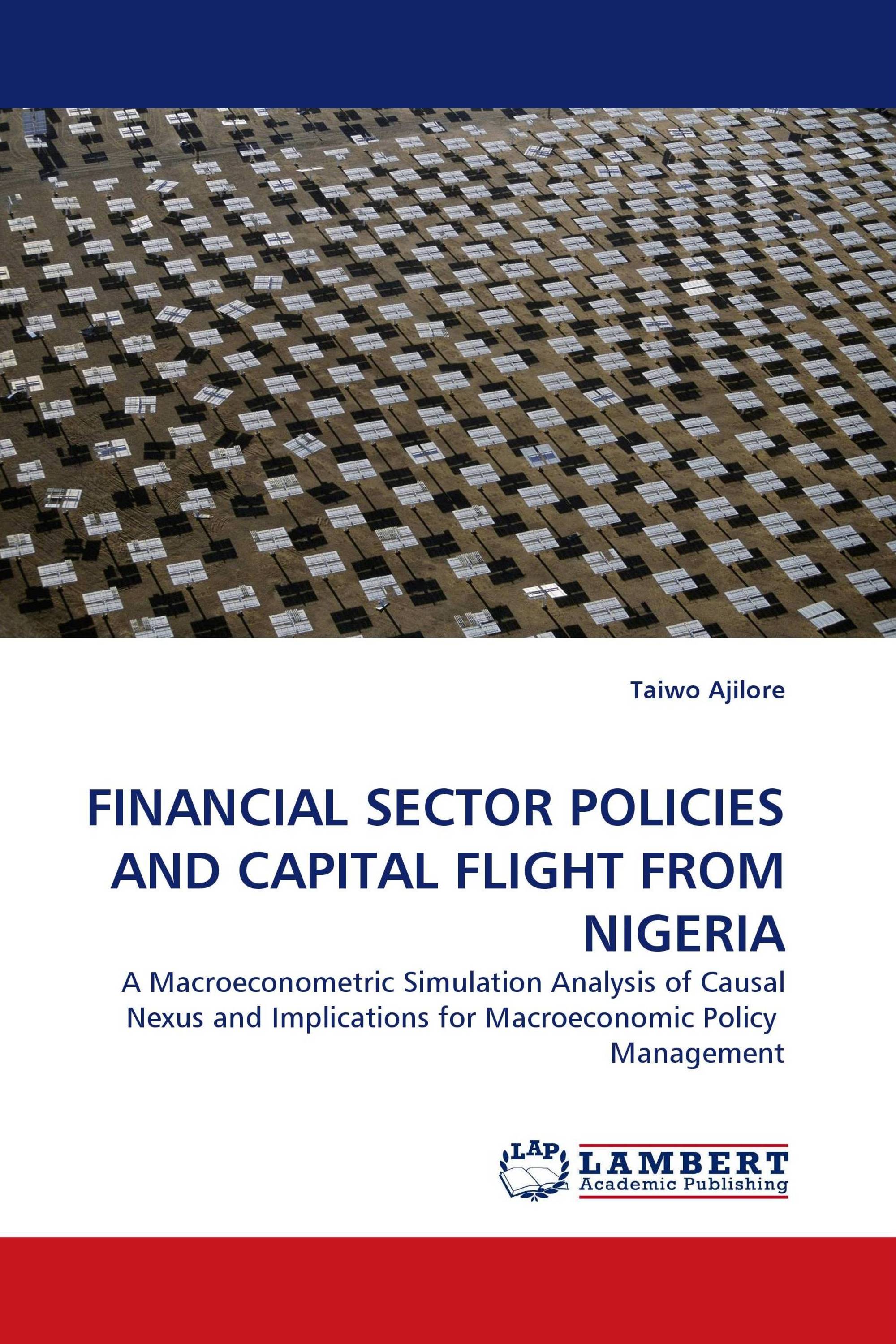FINANCIAL SECTOR POLICIES AND CAPITAL FLIGHT FROM NIGERIA
A Macroeconometric Simulation Analysis of Causal Nexus and Implications for Macroeconomic Policy Management
LAP Lambert Academic Publishing ( 2010-08-23 )
€ 79,00
The study utilized a macroeconometric simulation model to investigate the effects of liberalization policies in the financial sector on capital flight phenomenon in Nigeria. Simulation experiments were used to assess the potential effects of three major forms of financial liberalization programmes; viz: an interest rate deregulation, a decrease in reserve requirements and a change in exchange rate policy on capital flight and its determinants. The simulation experiments revealed that an interest rate deregulation policy positively stimulated capital flight. Relaxations of the required reserve requirements ultimately depressed capital flight. Finally a change in exchange rate produced a dampening effect on capital flight flows. The study concluded that financial liberalization policies proved useful in helping to reduce capital flight in Nigeria. However, financial liberalization per se might not be the panacea for reducing capital flight; rather it might need deeper and more fundamental changes of the economic and political systems.
Book Details: |
|
|
ISBN-13: |
978-3-8383-9637-8 |
|
ISBN-10: |
3838396375 |
|
EAN: |
9783838396378 |
|
Book language: |
English |
|
By (author) : |
Taiwo Ajilore |
|
Number of pages: |
204 |
|
Published on: |
2010-08-23 |
|
Category: |
Economics |




